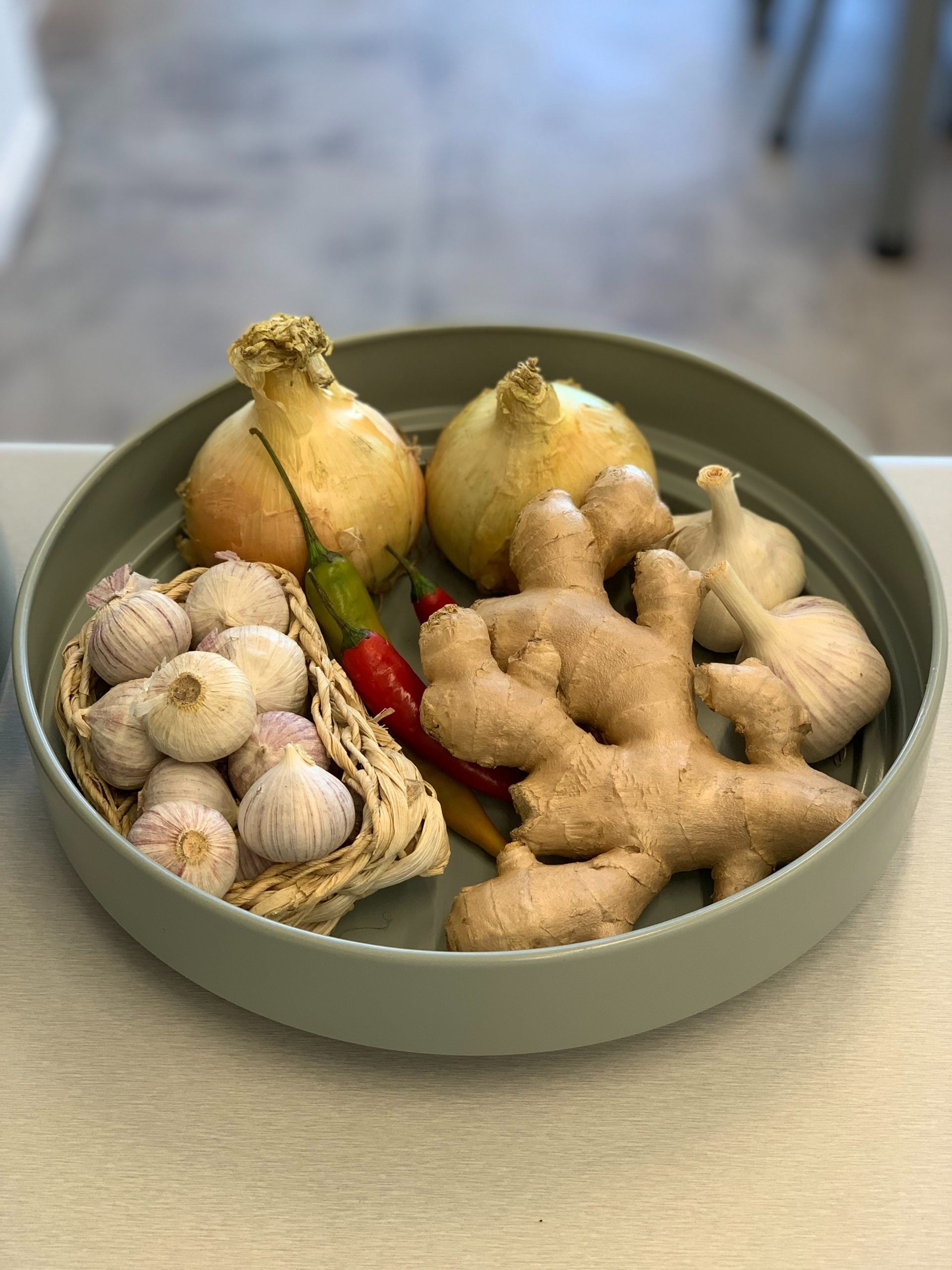Breathing - it’s easy right? We do it without even thinking.
Shallow breathing can lead to feelings of stress, nervousness and even fatigue. To get a really deep proper deep breath we have to engage more than just our mouth, nose and lungs.
First a small anatomy lesson:
Underneath your lungs sits your diaphragm. This is a muscle that forms the dividing line between your chest and your abdomen. As you breathe in, the diaphragm becomes flat. As you breathe out the diaphragm relaxes and returns to its natural slightly curved shape. The air is then released out of your lungs
Using your diaphragm to take deep breaths is a key way to decrease stress. This works by triggering relaxation centres in your brain. This way of breathing also helps with blood flow into your heart and cardiovascular system.
This type of breathing takes focus and concentration, This alone can be a way of focusing you in the moment and helping us feel calmer. With this conscious effort to breathe, plus the additional benefits of breathing in this manner, we are activating 2 ways to help us feel calmer,
There are different exercises and techniques but we like to keep it simple at Noggin HQ.
This exercise is called 4-7-8 breathing
First thing is first- it might feel a bit weird but stick with it!
Find a quiet spot to sit or lie down.
Keep your feet slightly apart and out one hand on your chest and one on your tummy
Blow out all the air in your lungs thought your mouth gently and then breathe in carefully and slowly through your nose for a count of 4. You can press on your tummy slightly as your do this
Hold for at least 4 and up to 7
Breathe out through your mouth for a count of 8- feeling your lungs and tummy fully emptying of air.
Repeat for at least 2 cycles, working your way up to 5 cycles with some practice.
Like riding a bike or learning any new skill it’s not always easy first time so keep persevering and it will get easier
It’s also a great breathing exercise to do as a family - even little ones can benefit from focusing and concentrating on breathing
Keep Well
Dr Clara Russell









